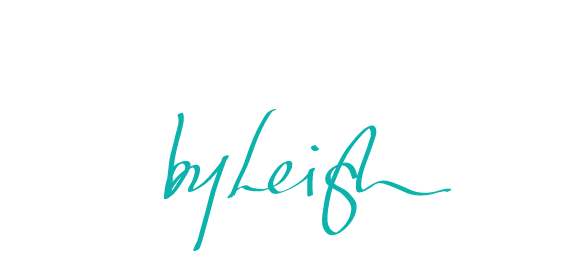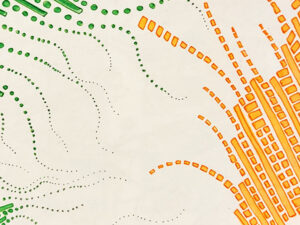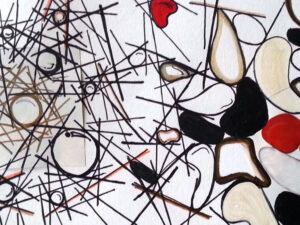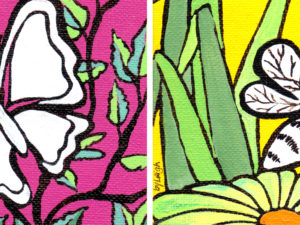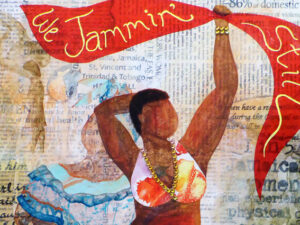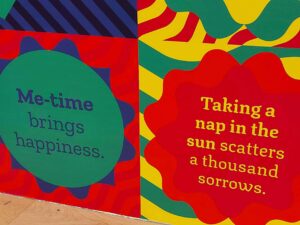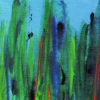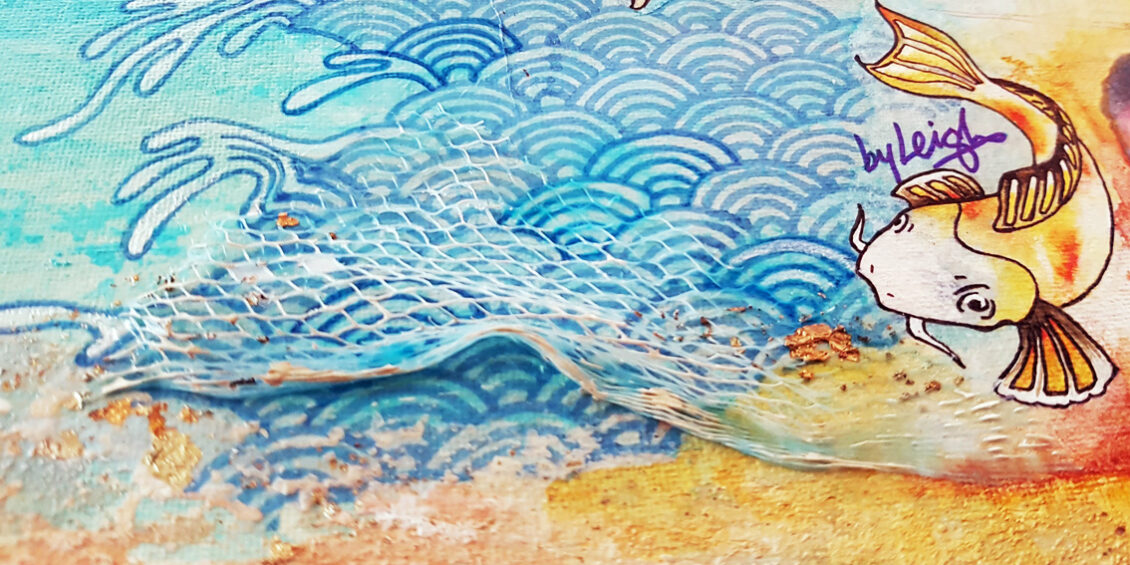
Featured Image: Close up of Diane’s 40th by Stacey Leigh Ross
12 Feb 2019
Click here to read the blogs about planning and teaching the workshop.

The Feedback
After considering how to gather feedback at the start, I nearly forgot this altogether. It was a senior lecturer who reminded me during set-up. Eek! So there I was, totally last minute (which I try to avoid at all costs!) working up some feedback forms so I would be ready and GDPR compliant when I handed them out to the students after lunch. Having a helpful supportive course lead is such a blessing!
Form Structure
The front page of the form was general compliance – what this form is about, why this information is being collected and how the information will be used. The overleaf is where all the actual feedback is written. I asked open ended questions that could help me assess the participants’ experience, and how I could improve my workshops in future. Those questions were:
- What was your favourite part of the workshop?
- What was your least favourite part of the workshop?
- Do you think this workshop has helped you in any way? (including if it helped with your Final Major Project)
- Did you learn anything today that you didn’t know before?
- Any suggestions about what could have made this workshop even better?


It was optional for students to provide their age and country of origin. (Quick side note: I work alongside the Export/Import team in my part time job and their terminology seems to be rubbing off on me – Country of Origin is for goods, not people! *face palm*)
In hind sight, there are several errors on the form, as expected with a rush job. Awkward phrases or cut and paste errors, plus I neglected to say where the information would be stored. Also, I wonder if I will own the data or whether it is UAL who owns the data?
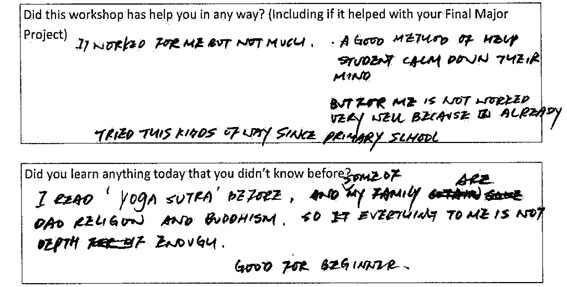
Informal Response
Ultimately, the response from students and staff after the workshop was extremely positive. My tutor seemed really pleased for me too though she attempted to maintain a neutral expression. One staff member was moved to tears by their visualisation, students clapped at the end of the workshop and despite a fire alarm forcing us out the classroom barely 15 minutes after the end, students were keen to chat with me while we waited on the pavement outside until we were let back in.
Formal Response

22 students responded via the feedback forms, they were 19 years old on average and hailed from 9 different countries across the globe. Their favourite aspect of the workshop was by far, the guided visualisation as a means to seeing into the future. The Champion dancing to celebrate their accomplishments came in a close second. In response to the question about their least favourite aspect of the workshop, 10 respondents said there was nothing they didn’t like and three respondents said the part of the workshop where they remembered their low points and challenges. 17 of 22 respondents said the workshop helped them and 5 said it did not help. The areas where it helped the most were: Less anxiety and stress about the future, increased confidence, and sparking new ideas for projects or larger future goals. 15 respondents learned something new, the most popular responses being: the value of reflection, visualisation techniques and the Champion dance. Although 8 respondents had no suggestions, others gave me some really valuable advice like:
- In response to each person saying their own accomplishment to the group: “everyone writes down an achievement and someone else picks it out of a hat to say it to the group” and “more group sharing time”. This idea would help to include students from cultures that view pride in accomplishments as ‘boasting’ and showing-off.
- About the age I suggested during the visualisation: “For a 19 year-old student, life at 65 years old maybe too far from now and hence I can’t really imagine that” Yup! I totally overshot the age.
- To carry on the effects of the workshop: “some more artistic references to help inspire the audience further” and “Tips for keeping yourself on track and grounded”.
That last one was to be expected as I only had my theory epiphany post-workshop. I won’t be making that mistake again!

Where are the Photos?
You might notice that there was an area about permission to use photos and/or video from the workshop. The senior teaching team took photos and videos on the course’s allotted iPad but I neglected to chase up these photos. The result is that although there are images, it is now too late for me to get them from the lecturers as they have gone on Summer holidays. A bit more planning on my part would have been useful, including planning how I would access any images taken if they were not taken on my own device.
Conclusion
In the end, I felt really good about the workshop that I planned and delivered. This was a giant step for me, and I think I thoroughly underestimated how big a step this was… probably a good thing at the time.
This workshop represented the first time that anyone from my family of teachers had ever taught in higher education. There were a lot of firsts for me.
First time teaching what I consider to be personal life lessons in a formal education setting
First time teaching such a large number of young adults
First time teaching at higher education level
First time teaching as a university lecturer in one of the top art universities in the world
First time being observed while teaching

The experience has taught me a lot about myself and my teaching practice.
- I love my students and want the absolute best for them.
- I am committed to teaching the whole student, not just a subject.
- I already know a lot of theory, I just don’t think of it as theory.
- I need to read more, see more and do more so I can share more with my students.
- I need to practice and be more aware of how I communicate with my words (ease up with the chatter), my body (calm, less nerves) and my choice of activities / teaching tools.
- My lived experience is rich, valuable and worth sharing.
- My students have lived experiences that are rich, valuable and worth sharing. Create more opportunities to listen and learn about these experiences.
- My presentations are an underutilised part of my teaching toolkit. Explore this more.
- Don’t miss opportunities to keep the lesson alive long after the class is over. Handouts, emails, book references, videos to watch… anything students can use to keep exploring the topic.
Feedback is good, but it can be GREAT! Plan and organise in advance how and why you will capture it.
